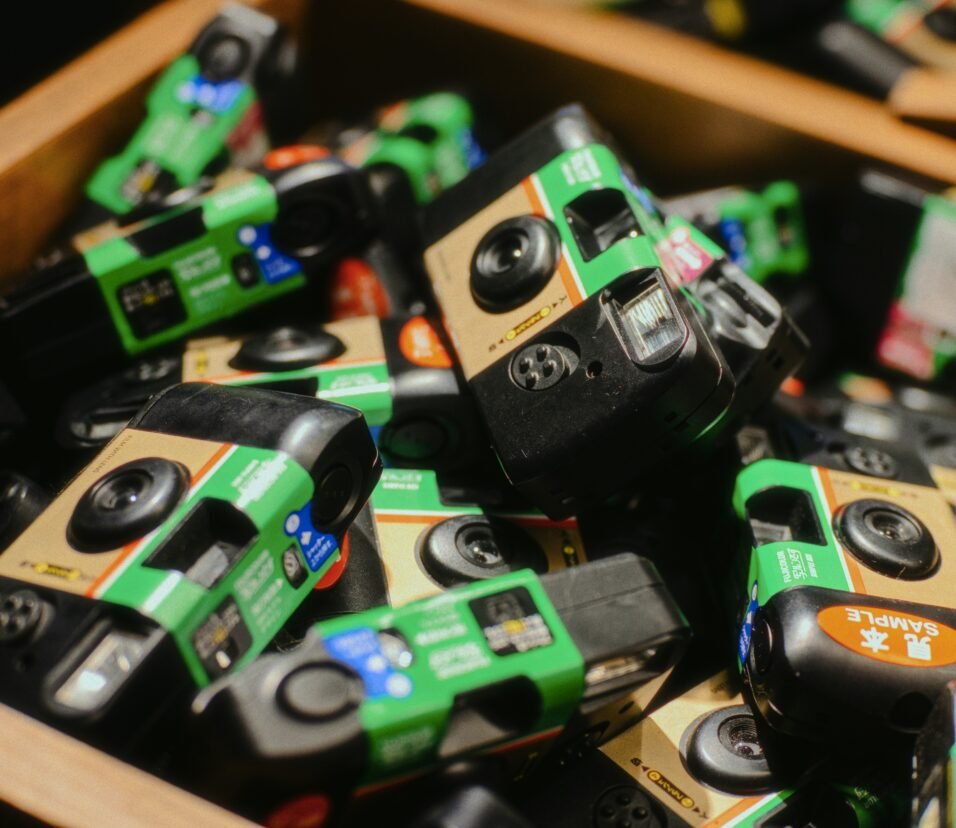D2C Game Sales: Bypassing Steam & App Stores
As platforms tighten control and fees remain high, game developers are rewriting the rules. In 2025, Direct-to-Consumer (D2C) is no longer just a strategy—it’s a movement.
🎮 What Are D2C Game Sales?
Direct-to-Consumer (D2C) game sales mean selling games directly to players—without relying solely on Steam, the App Store, Google Play, or other traditional marketplaces.
Developers:
- Host their own storefronts or sites
- Accept payments directly
- Control distribution, pricing, and player data
💡 Why Are Devs Going D2C in 2025?
| Reason | Explanation |
|---|---|
| 💸 Avoid 15–30% Platform Fees | Steam, Apple, and Google all take significant revenue cuts |
| 🎯 Own the Customer Relationship | Get access to player data, behavior, and feedback |
| 🚀 Faster Updates & Control | No approval delays for patches or content drops |
| 🧩 Customize Monetization | Subscriptions, donations, bundles, tokenized content |
| 📦 Sell More Than Games | Offer merch, NFTs, mods, exclusive DLCs, memberships |
| 🔐 Privacy & Regional Flexibility | Bypass platform restrictions and country-specific rules |
🧠 D2C Game Sales Aren’t New—But They’re Exploding
From humble beginnings like:
- Minecraft.net
- Itch.io
- League of Legends’ own launcher
To modern examples:
- Larian’s Baldur’s Gate 3 (cross-platform but heavily promotes its own ecosystem)
- Epic Games Store (bypassed Google Play with Fortnite)
- HoYoverse’s Genshin Impact (direct APK downloads bypassing app stores)
📈 What’s Driving the Trend?
1. Rise of Web3 and Decentralization
Many blockchain-based games need wallet integration or token ecosystems that app stores block or restrict.
2. Creator Economy Influence
Game devs are embracing Patreon-like models: subs, exclusives, early access.
3. Payment Gateways Maturing
Stripe, Xsolla, Gumroad, and PayPal now offer game-specific D2C APIs and SDKs.
4. Better Discovery Tools
Communities grow on YouTube, Discord, TikTok, and Reddit—not just app stores.
💥 Examples of Modern D2C Success Stories
| Game | What They Did |
|---|---|
| Hades | First launched on Epic, then ran its own update and merch platform |
| Dead Cells | Offered early alpha builds via direct download and supporter access |
| Valorant | Riot Games’ exclusive launcher allows cross-title sales and updates |
| Itch.io hits | Small devs generating full-time income through niche direct sales |
| Palworld (PC) | Sold via own site + early access beta channels before major launches |
🔧 Building a D2C Game Sales Strategy
✅ 1. Choose the Right Platform
- Itch.io (for indies, donations, small fanbases)
- Xsolla or Gumroad (for international payments, DLCs)
- Custom Shopify or WordPress storefronts (for full branding)
- Launchers (like Godot’s export tools or custom Unity launchers)
✅ 2. Build a Community First
D2C relies on:
- Email lists
- Discord servers
- Creator collabs
- Exclusive access for loyal players
✅ 3. Offer More Than a Game
Sell:
- Soundtracks 🎵
- Concept art books 📖
- Physical editions 📦
- Skins or pre-order bundles 🎨
- Collector NFTs 🧬 (where permitted)
✅ 4. Manage Trust and Delivery
- Include anti-piracy and DRM options
- Offer instant refunds
- Provide download insurance and patch delivery support
🧱 Challenges of Going D2C
| Challenge | Consideration |
|---|---|
| 🔐 Trust & Security | Need SSL, payment compliance, anti-fraud measures |
| 🛒 Discovery | No built-in audience like Steam or App Store |
| 📦 Distribution Overhead | Hosting, CDN, server costs, versioning |
| 🧰 Customer Support | You handle refunds, complaints, delivery issues |
| 📉 Marketing Required | Organic traffic is slow without good campaigns |
💼 What Big Studios Are Doing Differently
Larger studios often use a hybrid model:
- Sell directly via branded website/store
- Launch on Steam/PS/Xbox for reach
- Push early access, alpha builds, or deluxe bundles only available D2C
Example:
Larian Studios promoted deluxe collector’s editions of Baldur’s Gate 3 through its own store, while still launching on Steam.
🔮 The Future of D2C Game Sales
1. D2C-First Game Engines
Imagine exporting your game with Stripe checkout + DRM built in.
2. Web3-Enabled D2C
Token-gated downloads, smart contracts, and decentralized player economies.
3. AI-Powered D2C Assistants
AI helps handle support, patch rollout, testing, and version management.
4. Embedded Play via Web or AR
Streamed demos and playable previews right in social media or browser—hosted by the dev, not a platform.
5. Global Indie D2C Collectives
Shared storefronts where devs split costs and community reach, while keeping independence.








